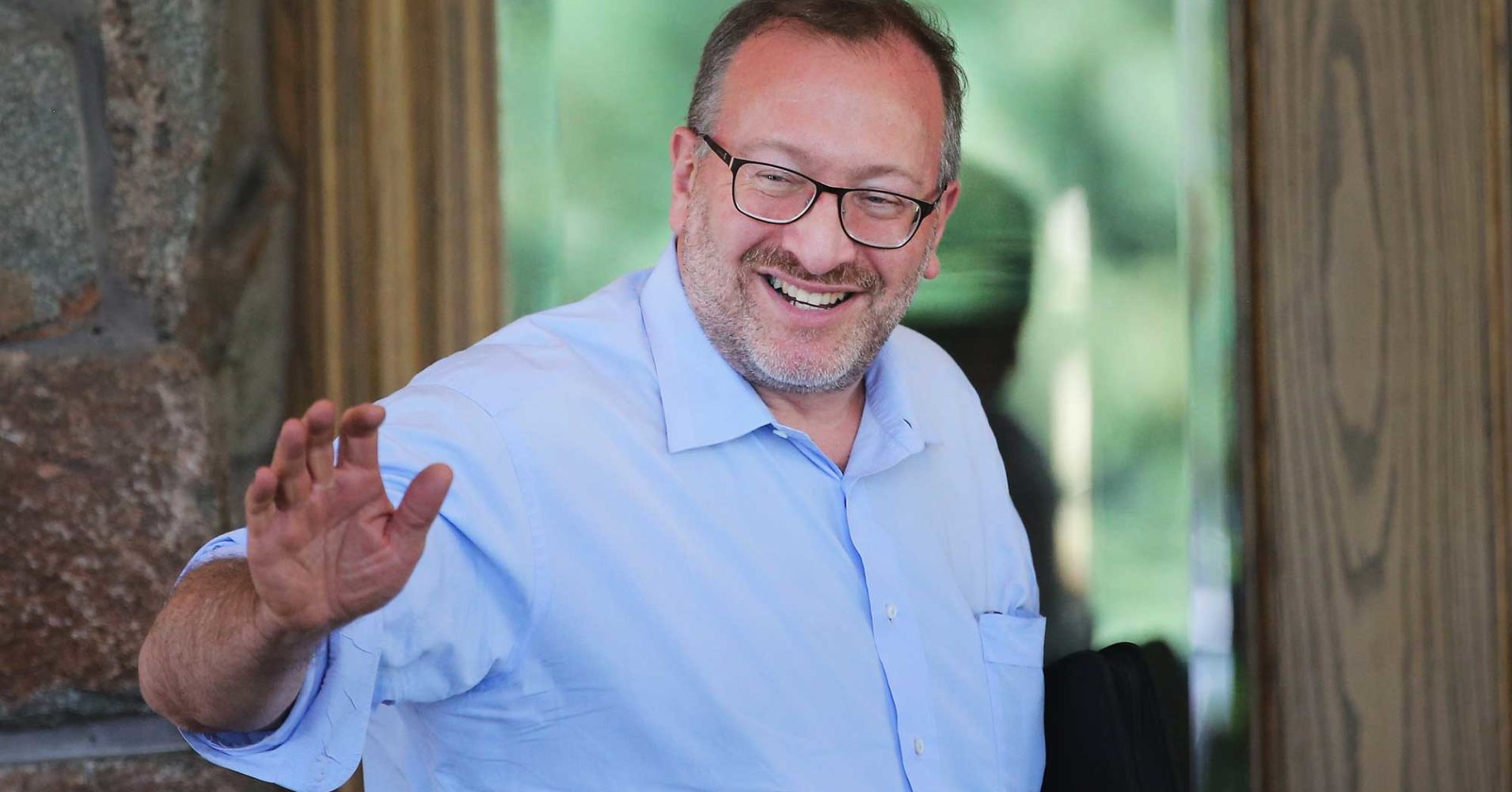
Thanks to his investing prowess, Warren Buffett has made a lot of money in his 88 years — he’s currently worth nearly $83 billion. But there’s a less famous billionaire investor whose skill has earned him the accolade, “the next Warren Buffett”: hedge fund manager Seth Klarman.
Investors look to Klarman for his “sober and meticulous analysis,” according to The New York Times, so he made headlines on Tuesday after issuing a stern warning that increasing debt and global tensions could potentially bring on the next worldwide financial crisis.
The 61-year-old, who founded Boston-based hedge fund the Baupost Group, where he manages roughly $32 billion in total assets and is personally worth of $1.5 billion according to Forbes, has a ways to go to catch up with Buffett’s billions. But Klarman has been dubbed “the next Warren Buffett” due to similarities in their investing styles and strong track records. He is even sometimes called “the Oracle of Boston” in a nod to Buffett’s famous nickname.
Much like Buffett, Klarman is a known value investor, which means his investment philosophy revolves around putting money behind stocks that he believes to be undervalued by the rest of the market. In 2015, Klarman wrote a list of the top lessons he learned from following Warren Buffett’s career, and he placed the advice to “buy bargains” at the top of that list.
Both Klarman and Buffett are also both famously risk-averse, as they are both wary of borrowing money for investments (to avoid taking on debt should an investment go south).
Also like Buffett — who bought his first stock at 11 — Klarman has been honing his investment techniques since a very early age. Klarman bought stock for the first time ever when he was just 10, he told his alma mater, Harvard Business School, in a 2010 interview.
“I bought one share of Johnson & Johnson with birthday money and it split three-for-one the next day,” Klarman says in the interview. He picked the pharmaceuticals and consumer goods giant because he used a lot of Band-Aids as a kid. (Based on Tuesday’s closing prices, one share of Johnson & Johnson stock currently costs $128.80.)
Klarman was so excited about investing as a child that he even gave a presentation to the students in his fifth-grade class about buying stocks, and he had his own personal stockbroker to provide him with daily stock prices.
“I owned stocks all the way through my childhood. My mom found me a stockbroker — Max Silverman, a kindly gentleman who didn’t mind a 10- [to] 12-year-old calling him for quotes,” Klarman told Harvard Business School.
“I was business-oriented as a kid,” Klarman adds in the interview.
He notes that he engaged a number of business opportunities at a young age, including working a newspaper route (just like Buffett before him) and making money shoveling snow, mowing lawns and selling snow cones in the summer in his family’s Baltimore neighborhood. (Klarman and his brother made the snow cones themselves using all of the ice cubes from their mother’s freezer and “she was not happy,” he told Harvard.)
Klarman went on to study economics at Cornell University before obtaining his MBA from Harvard Business School, where he was a classmate of future JPMorgan Chase chairman Jamie Dimon, in 1982.
Upon graduating from business school in ’82, Klarman joined his Harvard professor, William Poorvu, and three other investors to co-found Baupost Group. The hedge fund started out with initial capital of $27 million (much of it provided by Poorvu), which Klarman helped to manage despite his relative inexperience as a recent graduate. But Klarman’s strong and consistent track record with investments made a lot of money for the group’s clients — “which include the endowments of Harvard and Yale and some of the wealthiest families in the world,” according to the Times — and himself, over the next few decades. Klarman is now Baupost’s president and CEO, and the group has been able to deliver tens of billions of dollars in profits to its clients over the past few decades.
Klarman has been drawing favorable comparisons to Buffett since at least 1989. That year, Fortune magazine included Klarman in a profile of a handful of young money managers (Klarman was 32 at the time) who could follow in Buffett’s footsteps as one of the world’s greatest investors. That article touted the young Klarman’s investment record after his portfolios improved by 20 percent, on average, in 1987.
But one area where Klarman and Buffett differ is that Klarman is known to be very reclusive, and he only grants the rare interview or public speaking engagement, while Buffett regularly appears on magazine covers and television interviews.
Now however, Klarman is raising alarm among the global investment community, thanks to his annual letter to investors, which CNBC “Squawk Box” co-anchor Andrew Ross Sorkin wrote about in The New York Times on Tuesday.
“It can’t be business as usual amid constant protests, riots, shutdowns and escalating social tensions,” Klarman wrote in the letter, reports CNBC, which also warned that rising levels of debt taken on by major countries (including the US) could be planting “the seeds of the next major financial crisis.”
Don’t Miss: 5 of Warren Buffett’s best tips for investing in the stock market
Like this story? Subscribe to CNBC Make It on YouTube!

